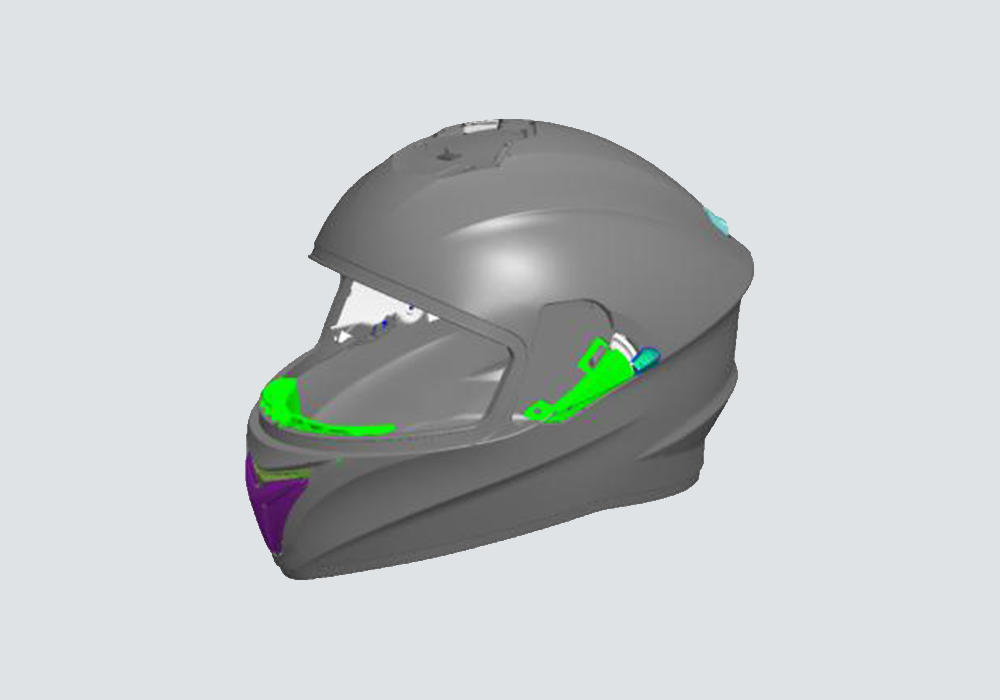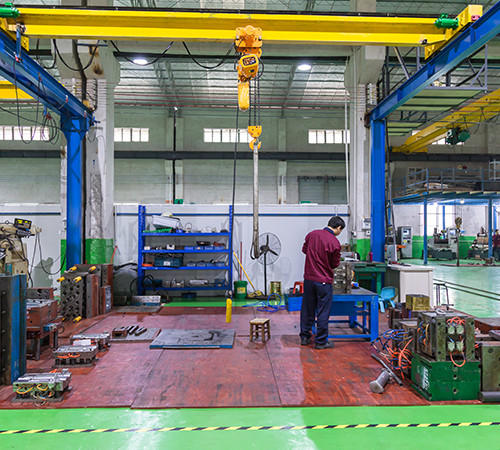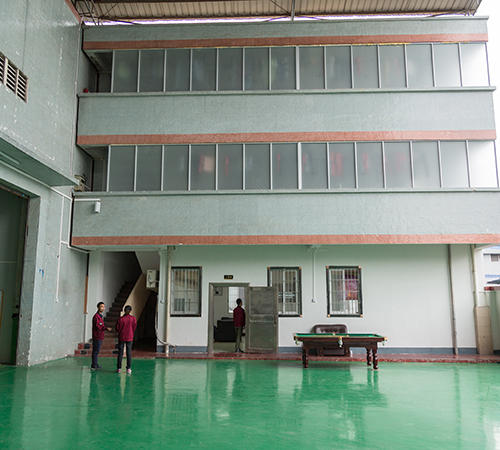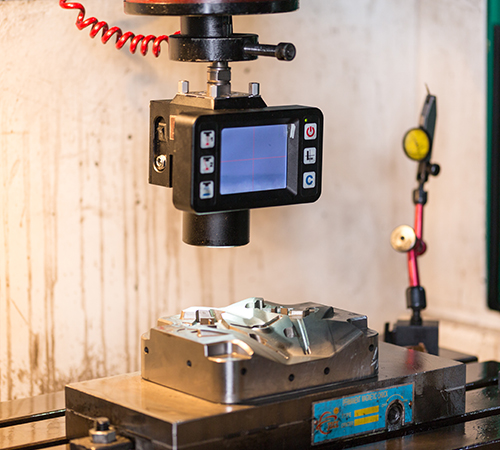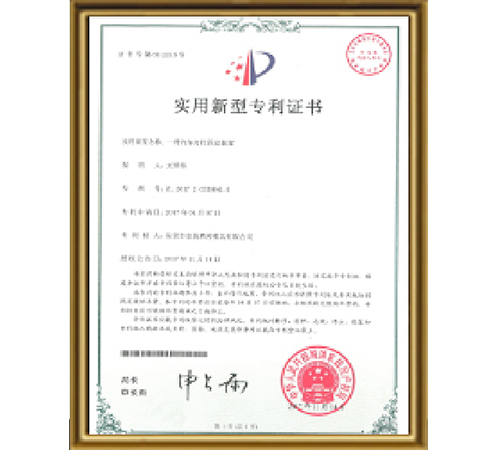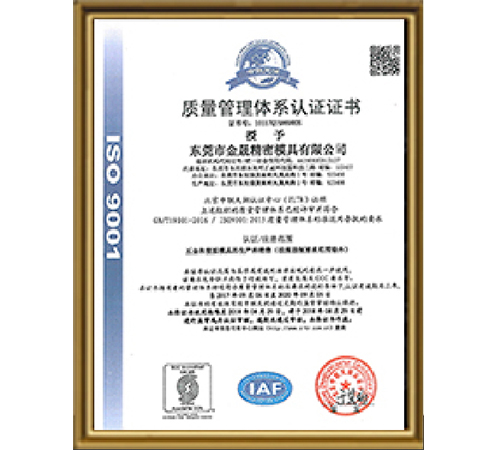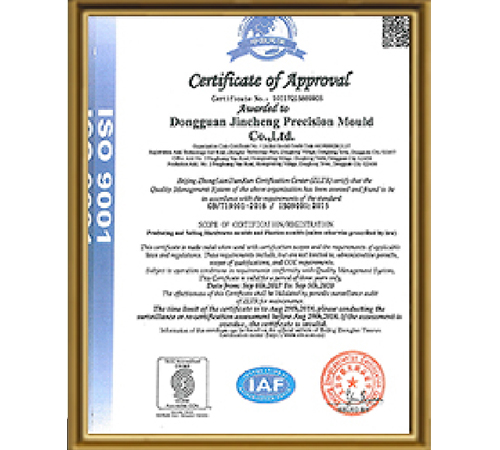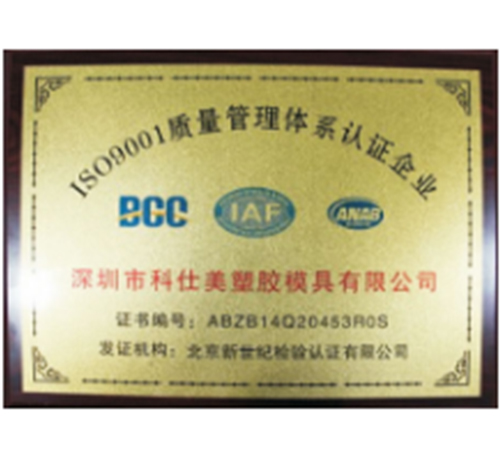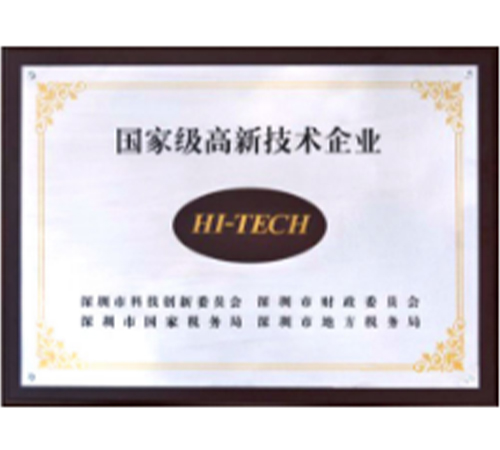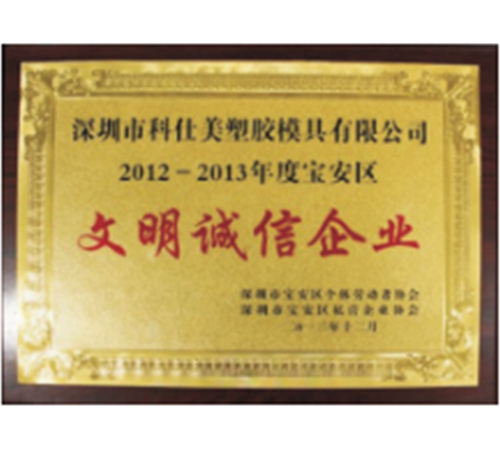The following is the company's engineering department based on the recent months of mold problems summed up by some experience, colleagues please study carefully.Difficult unloading at gate: in the process of injection molding, the gate is stuck in the cover of gate, not easy to get out. Crack damage occurs when the product is opened. In addition, the operator must use the copper rod tip to knock out from the nozzle, so that it can be loose before the mold can be removed, seriously affecting the production efficiency. This fault is mainly caused by the poor finish of the gate taper hole and the knife marks in the circumference of the inner hole. Also, the material is too soft, the small end of the taper hole deforms or damages after a period of use, and the radius of the nozzle sphere is too small, causing the gate material to produce riveting head here. The tapered hole of the gate sleeve is difficult to be processed. Standard parts should be adopted as far as possible. Tapered holes need to be ground below Ra0.4. In addition, the gate pull rod or gate ejection mechanism must be set.Guide column damage: guide column plays a
leading role in the injection mold to ensure that the molding surface of
the mold core and the cavity do not touch each other under any
circumstances, and the guide column should not be used as the force or
positioning part. Injections in the following cases, the dynamic and
fixed mode will produce a great lateral migration force:(1) the plastic
parts wall thickness nonuniformity, the material flow through rate is
big, thick wall place here produce larger pressure; (2)
the side of the plastic parts is asymmetric, such as the mold on the
terraced parting face, and the opposite two sides are not subject to the
same reverse pressure.Dynamic and fixed mold migration: for large mould, due to different
charging rates in different directions, and due to the influence of mold
self-weight during mold loading, dynamic and fixed mold migration
occurs. In these cases, the lateral offset force will be added to the
guide column during injection. The surface of the guide column will be
brushed when the die is opened, and the guide column will be damaged. In
order to solve the above problems, a high strength locating key is
added on the parting surface of the mould. The perpendicularity of guide
hole and parting surface is very important. In the process is used to
move, fixed mold alignment position clamping, in the boring machine last
boring, so that the movement, fixed mold hole concentricity, and the
vertical degree error is minimized. In addition, the heat treatment
hardness of guide column and guide sleeve must meet the design
requirements.Flexible formwork bending: during injection of injection mold, the
molten plastic in the mold cavity generates enormous reverse pressure,
usually between 600 ~ 1000 kg/cm 2. Mold makers sometimes don't attach
importance to this problem, often change the original design size, or
replace with low strength steel plate, the dynamic template in the mould
of material with a plunger, because on both sides of the large span,
cause the injection template under bending. So the dynamic template must
choose high quality steel, must have the enough thickness, must not
with A3 steel such as low intensity, when necessary, or support block
should be set at the bottom of the dynamic template shores, to reduce
the thickness of the template, improve the bearing capacity.Top bar bending, breaking or leakage: the quality of the homemade top
bar is better, that is, the processing cost is too high. Now, the
standard parts are usually chosen, and the quality is general. If the
gap between the top rod and the hole is too large, material leakage will
occur, but if the gap is too small, the top rod will become stuck due
to the increase of mold temperature and expansion of the top rod during
injection. What is more dangerous is that the top bar is sometimes
broken when the top bar is pushed out at a normal distance. As a result,
the top bar exposed in this section cannot be reset and the concave die
is damaged in the next mold closing. In order to solve this problem,
the top rod is resharpened, and the 10-15mm mating segment is retained
at the front of the top rod, and the middle part is ground down by
0.2mm. After the assembly of all ejector rods, the mating clearance must
be strictly checked, generally within 0.05~0.08 mm, to ensure that the
entire ejector mechanism can advance and retreat freely.Cooling bad or channel leakage: injection mold cooling effect directly
affect the quality and production efficiency of products, such as poor
cooling, product shrinkage, or uneven contraction become warped surface
defects such as deformation occurs. On the other hand, the whole or part
of the mold overheat, so that the mold can not be formed normally and
stop production, serious so that the top bar and other moving parts
thermal expansion die and damage. The design of the cooling system,
processing to the product shape, don't cry because it is complicated or
difficult to machining mould structure and eliminate the system,
especially in large and medium-sized mold must give full consideration
to the cooling problem.Distance taut institutions failed: the pendulum hook, fastener spacing
taut institutions is generally used in die core-pulling or some
secondary ejection mould, because such institutions in the mold of the
two sides set in pairs, its movement request must be synchronous, namely
the clamping buckle at the same time, mould to a certain position at
the same time. Without synchronization, it is bound to cause pulled mold
template skewed and damage, the institutions of the parts to have
higher rigidity and wear resistance, adjustment is hard, short life
institutions, to avoid as far as possible, you can switch to other
institutions. Can be used in the case of relatively small pumping heart
spring launch mode method, the core pulling force is larger when the
dynamic model can be used under the condition of the back slide cores,
finish core-pulling action again after the structure of the die, the
hydraulic oil cylinder can be used on large mould core pulling. The
inclined pin slider core pulling mechanism is damaged. Such mechanisms
are often appear problem mostly processing does not reach the designated
position and the material is too small, basically has the following two
questions: Angle A large pin, advantage is that can be generated within
shorter cavity travel relatively large core-pulling distance. However,
if the oversize inclination Angle A is adopted, when the extraction
force F is A certain value, the bending force P of the inclined pin in
the core pulling process is equal to F/COSA, which is also larger,
resulting in inclined pin deformation and inclined hole wear. At the
same time, the upward thrust N=FTGA produced by the inclined pin on the
slider is also larger, which increases the positive pressure of the
slider on the guide face in the guide slot, thus increasing the friction
resistance of the slider during sliding. Easy to cause sliding
friction, guide wear. According to the experience, dip A should not be
greater than 25 °.Guide groove length is too small, some die because of restricted by
template area, the length of the guide groove is too small, the slider
on the outside of the core-pulling action after the show guide, so that
after the core-pulling and mould reset at the beginning of the phase is
likely to cause the slider tilt, especially when clamping, slider reset,
make the slider damage, even bending failure. As a rule of thumb, the
length of the slider left in the chute should not be less than 2/3 of
the length of the guide chute after the core pulling is completed. In
design, mold manufacturing, according to the requirement of the quality
of plastic parts, the size of the batch, make deadline requirements such
as the specific circumstances, can not only meet the requirements of
products, in the mold structure and the most convenient and reliable,
easy processing, low cost, this is the most perfect mold.
Read More>>

